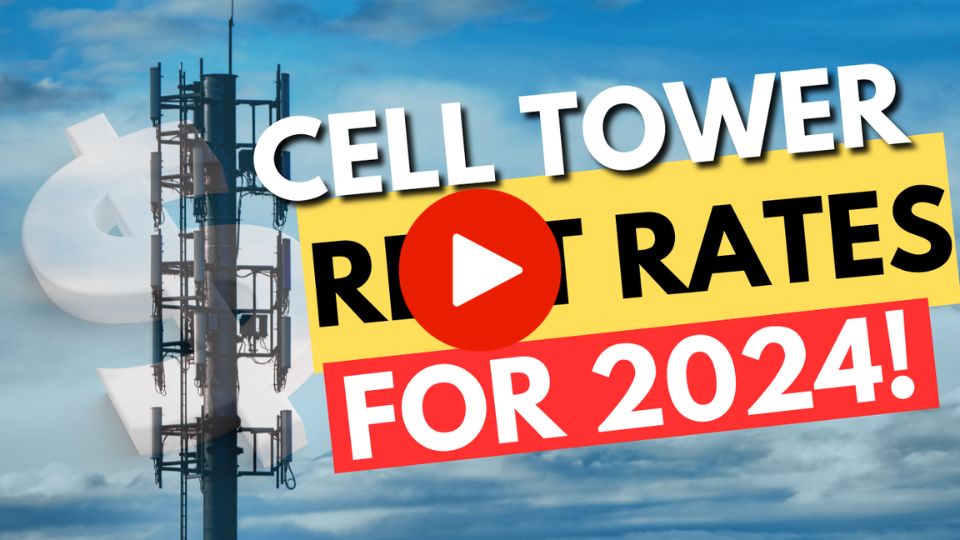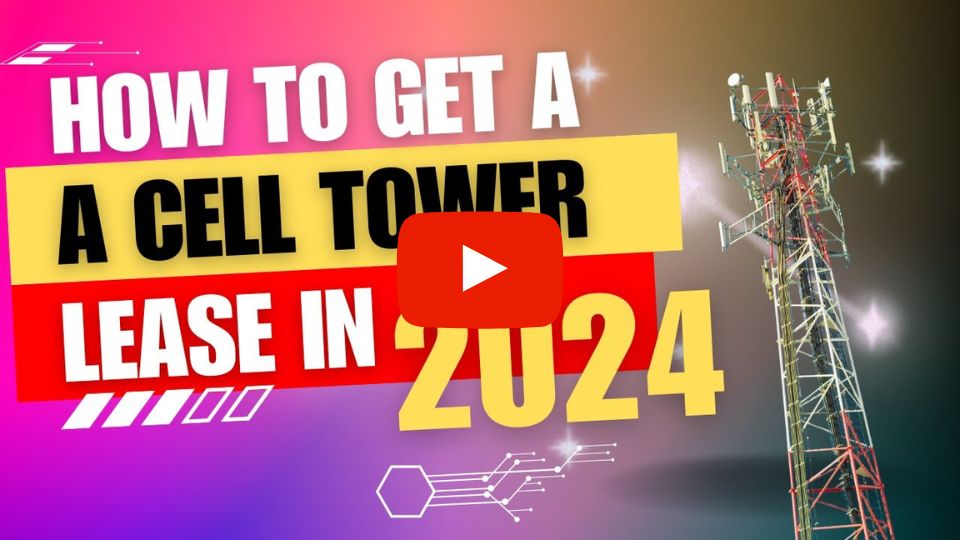Recently, it was announced that Nissan Stadium (home of the Tennessee Titans and countless concerts and music festivals) and AT&T had partnered to install a Distributed Antenna System (DAS) in Nissan Stadium. The wireless system enhancement should allow the voice and data capacity to more than triple. While on the surface this deal looks like a win, let’s go to the instant replay to see if they really score on the play.
It is likely that both parties wanted this system upgrade. According to one article from the Nashville Post, Nissan Stadium has experienced a “roughly 70 percent” increase in data usage over the last year. Undoubtedly, Nissan Stadium wishes to continue to provide their customers with access to cellular networks. After all, social media and viral marketing are points of emphasis for entertainment events these days. Likewise, AT&T can provide its customers better service in what was previously a difficult to service location.
Without seeing the specifics of the agreement it is impossible to grade the deal Nissan Stadium struck with AT&T, but if history is an indicator, Nissan Stadium probably did not score a touchdown.
An issue that is often overlooked with DAS or small cell infrastructure agreements is that of sub-licensees, or “piggy-back” agreements. AT&T could very well lease/license access to its antenna system to other carriers for a nice profit and Nissan Stadium not realize any additional true value.
In fact, the piggy-backing of wireless services is how new wireless service entrants, such as Google’s phone service, are getting their infrastructure in place so quickly. If AT&T capitalizes from third-party use then, hopefully, Nissan Stadium structured a game playbook that will allow it to realize some of the upside that AT&T will realize.
Ultimately, Nissan Stadium, like all property owners, should consider a telecom lease as more of a utility agreement than a real estate one. The agreement should be structured as to adjust and adapt to the utility being derived by a wireless carrier, such as AT&T, and not just the space being used. If Nissan Stadium did not leave themselves with avenues for re-entry into the lease to determine value being garnered by AT&T and/or third parties, they have fumbled the ball.
No matter how sophisticated of a business you are operating, the one advantage that a telecom company always has is that you are being asked to play THEIR game when it comes to a cell tower, rooftop, DAS, small cell or other similar agreement.
You may be the Super Bowl champs, but when you are asked to play baseball, it’s always advisable to have someone who is an expert at pitching, catching and swinging a bat to coach you through the game.
Contact Vertical Consultants today. We can level the playing field for you.



